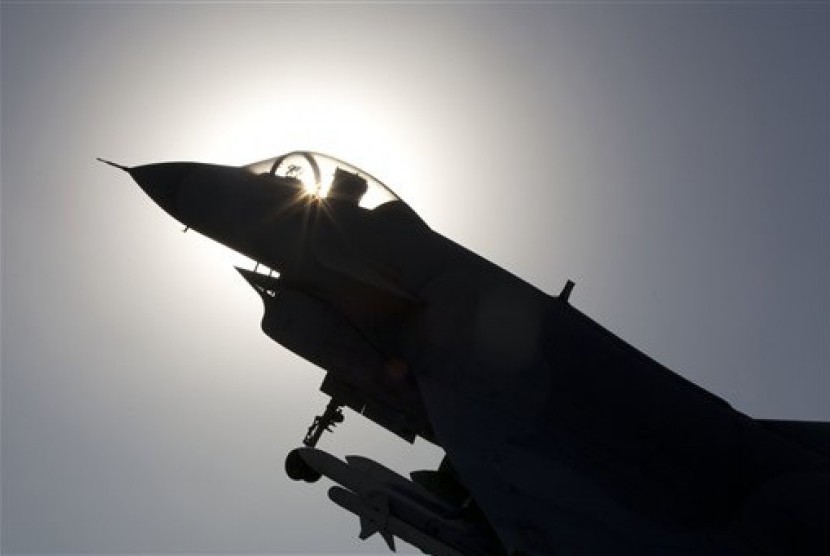REPUBLIKA.CO.ID, WASHINGTON -- Vice President Joe Biden on Wednesday assured Japan that the United States does not recognize a new air zone imposed by China and called for steps to ease tensions.
A week after a trip to China, Japan and South Korea, Biden telephoned Prime Minister Shinzo Abe in a new show of support for the country which is bound by a security treaty.
"The vice president reaffirmed that the United States does not recognize China's recently announced Air Defense Identification Zone and that the announcement will in no way affect US operations in the East China Sea," the White House said in a statement.
Biden, it said, "reiterated US support for steps to reduce regional tensions, including new bilateral mechanisms for crisis communication."
He also encouraged Japan and South Korea to improve cooperation. The two US allies have strained relations due to disputes related to Tokyo's past colonial rule.
China last month declared an Air Defense Identification Zone over a stretch of the East China Sea that includes small islands administered by Tokyo known as the Senkaku in Japanese and the Diaoyu in Chinese.
The United States, Japan and South Korea protested by flying through the zone in defiance of the order to inform Beijing.
Abe, a conservative who wants a greater security role for the officially pacifist nation, has vowed not to compromise on the islands' sovereignty and has accused a rising China of intimidation. South Korea, in turn, has expanded its own air zone.
Australia's former prime minister Kevin Rudd, a Mandarin-speaking former diplomat whose views on Asia enjoy a wide audience in Washington, said that it was most realistic to find ways to bring stability rather than to solve the rift.
The leaders of China and Japan have deeply invested their "public face" in stances they root in history, Rudd said.
"Anyone who thinks they've got a solution for solving the territorial dispute is deluding themselves. This has more than a century of toxicity attached to it, and a lot most recently," Rudd told a roundtable at The Atlantic magazine in Washington.
"There is no arbitral arrangement which is possible, given the current and likely foreseeable positions," Rudd said.


